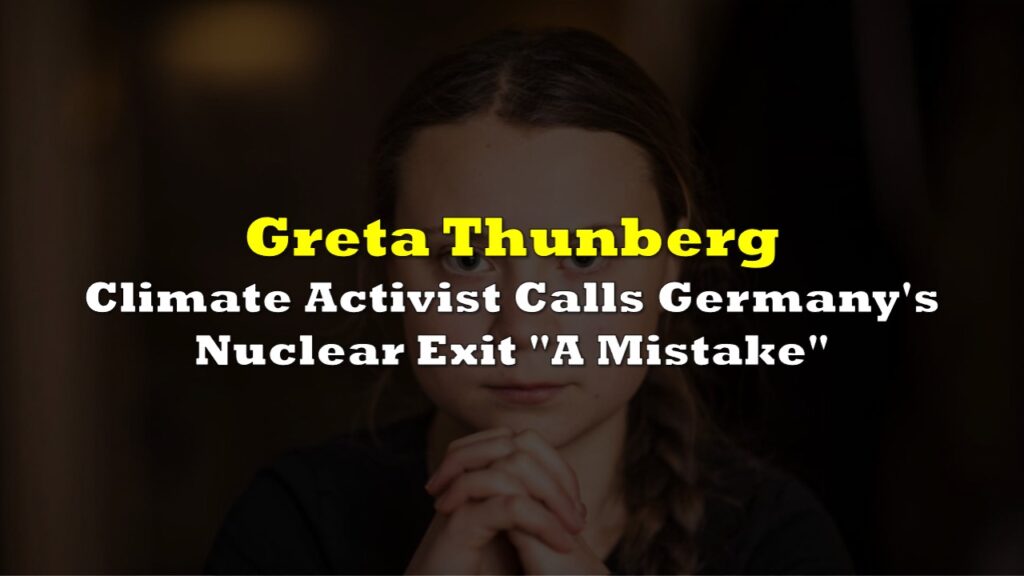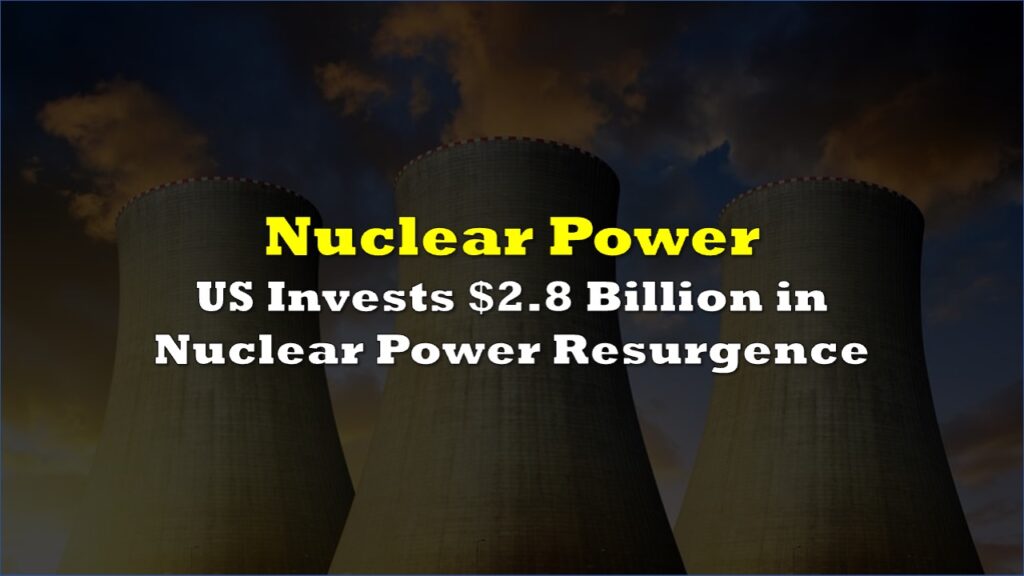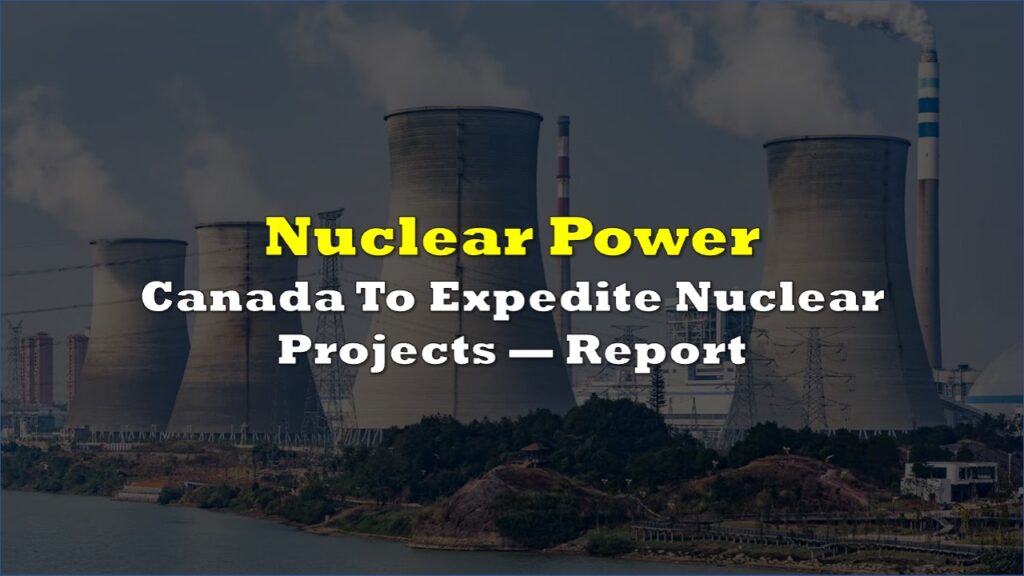Belgium has gone from planning to phase out nuclear energy to extending the lifetimes of aging reactors and pushing for greater European nuclear self-sufficiency. This “180-degree turn” was driven by the dual pressures of meeting emissions targets and reducing reliance on Russian energy imports.
At the recent International Atomic Energy Agency (IAEA) Nuclear Energy Summit in Brussels, Belgian Prime Minister Alexander De Croo was among the most vocal proponents for a nuclear renaissance across the European Union. He stated bluntly that the bloc must “disconnect from Russian nuclear fuel” supplies while still being able to produce zero-emission electricity through domestic sources.
Just a few months ago, Belgium had been on track to shutter two nuclear reactors by 2025 as part of a long-standing policy to eliminate nuclear power. However, in December the government decided to extend the operating lives of those two plants until 2035. De Croo went even further, suggesting they could run for up to 20 additional years.
This pivot aligns Belgium with a growing pro-nuclear movement across Europe and other allies like the United States, Canada, and the UK. At the UN’s COP28 climate conference last year, two dozen countries pledged to triple nuclear generation capacity by 2050 as a key strategy for reducing carbon emissions.
However, Belgium and its EU partners face major challenges in truly divorcing from Russian nuclear services and materials. Russia currently supplies around 30% of the enriched uranium used by EU nuclear plants. Developing sufficient domestic enrichment capabilities will require massive investment that has been lacking.
De Croo acknowledged the nuclear industry “has quite some promises to deliver on” when it comes to costs, skills shortages and project delays. But he maintained the nuclear option is essential for meeting climate goals, declaring the Brussels summit was of “nuclear fanboys” but rather took “quite a nuanced” view.
Information for this story was found via The Financial Times, and the sources and companies mentioned. The author has no securities or affiliations related to the organizations discussed. Not a recommendation to buy or sell. Always do additional research and consult a professional before purchasing a security. The author holds no licenses.









